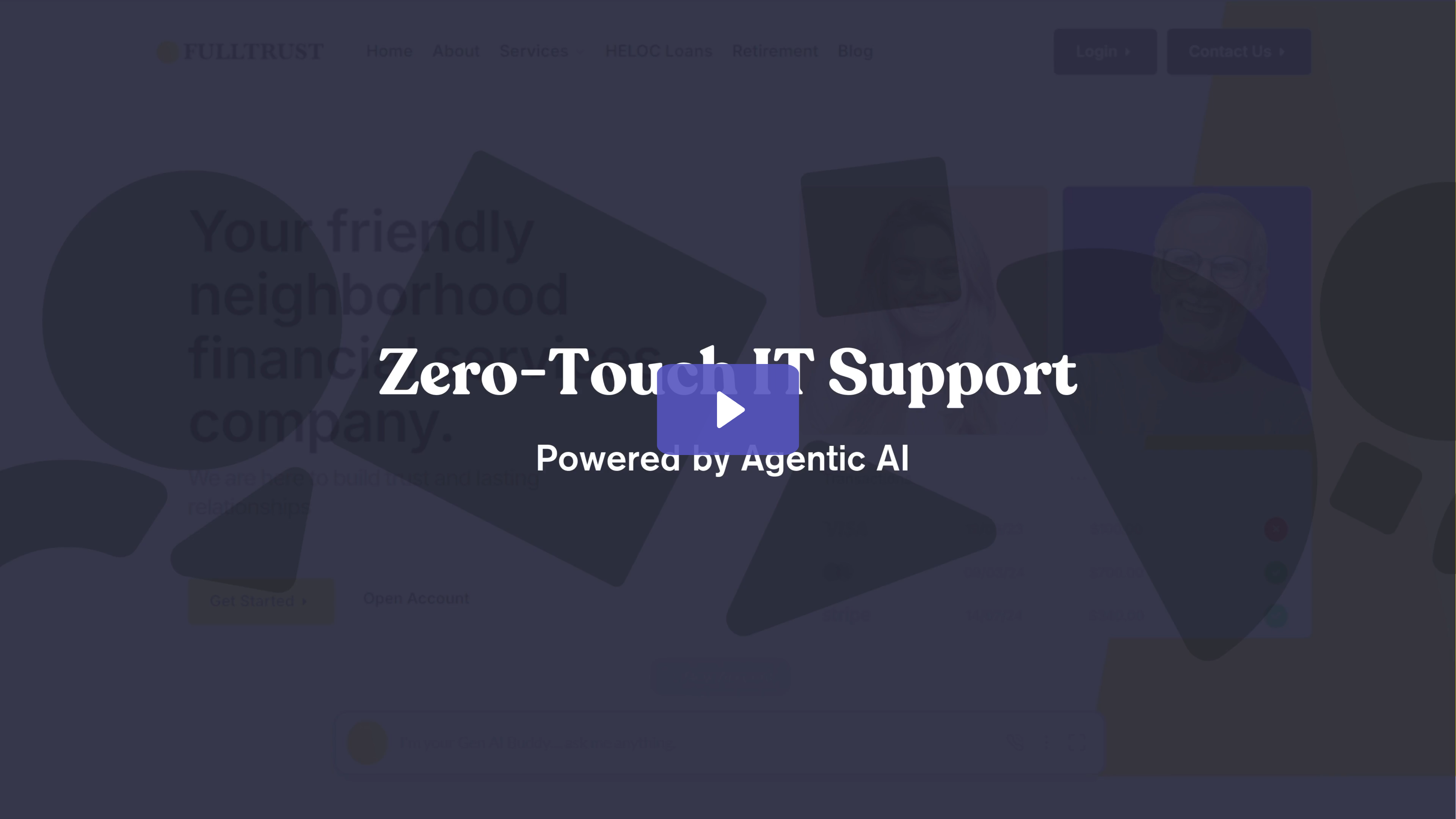SOC 2 Compliance for AI Platforms
Artificial intelligence platforms power mission-critical customer experiences, from virtual assistants to contact center automation. With these systems processing sensitive customer interactions and data, SOC 2 compliance has become a vital benchmark for trust.
SOC 2, short for System and Organization Controls 2, is an auditing framework created by the American Institute of CPAs (AICPA). It evaluates how organizations manage data across five trust service criteria: security, availability, processing integrity, confidentiality, and privacy. For AI platforms, SOC 2 compliance signals that the technology is designed and operated with robust safeguards in place.
Why SOC 2 Compliance Matters for AI
AI platforms sit at the intersection of sensitive data and customer engagement. Without compliance, businesses run the risk of breaches, misuse, or even regulatory violations. SOC 2 certification reassures customers, partners, and regulators that the platform is handling data responsibly.
The consequences of overlooking compliance can include:
- Loss of customer trust after a breach or misuse of data.
- Regulatory penalties for failing to protect sensitive information.
- Competitive disadvantage in industries where compliance is non-negotiable.
SOC 2 compliance is not just a box to check. It is a market expectation for platforms seeking adoption in regulated sectors like finance, healthcare, and insurance.
The Five SOC 2 Trust Principles
SOC 2 compliance is measured against five criteria, each relevant to AI platforms:
- Security: Ensures systems are protected against unauthorized access, whether digital or physical. AI platforms must safeguard training data, customer interactions, and internal tools from breaches.
- Availability: Guarantees systems remain operational and accessible. AI-powered CX tools must be reliable, with redundancies and uptime guarantees that support always-on service.
- Processing Integrity: Requires that systems process data accurately, completely, and in a timely manner. This principle is especially critical in AI, where flawed processing can lead to biased outputs or errors in customer support.
- Confidentiality: Protects sensitive data such as customer records, contracts, or intellectual property. AI platforms must ensure strong encryption, limited access, and secure data storage.
- Privacy: Governs the collection, use, retention, and disclosure of personal information. For AI platforms, this includes transparency about data usage, opt-in controls, and strict handling of customer conversations.
SOC 2 Compliance in AI Platforms
Applying SOC 2 to AI requires addressing the unique risks AI introduces. For example, large language models can inadvertently expose sensitive training data, while automated systems may process millions of personal records in real time. SOC 2 compliance ensures safeguards are in place to reduce these risks.
Key focus areas for AI platforms include:
- Securing APIs and integrations to prevent data leaks.
- Protecting interaction logs and transcripts from unauthorized access.
- Documenting and auditing model behavior to meet processing integrity requirements.
- Implementing access controls to prevent misuse of customer data.
- Ensuring explainability of decisions where compliance demands it.
Benefits of SOC 2 Certification
SOC 2 compliance provides measurable advantages for AI platforms and their customers:
- Stronger trust with enterprise buyers: Certification signals maturity and reliability, making adoption easier for regulated industries.
- Risk reduction: Systems are less prone to breaches, misuse, or regulatory violations.
- Operational efficiency: Clear governance frameworks improve internal processes and reduce the likelihood of failures.
- Competitive differentiation: Platforms with SOC 2 compliance stand out in a crowded AI market where security is often a deciding factor.
Best Practices for Achieving SOC 2
AI platforms seeking SOC 2 certification should embed compliance into their design and operations. Practical steps include:
- Conducting readiness assessments to identify gaps before audits.
- Implementing security-by-design practices during product development.
- Encrypting customer data in transit and at rest.
- Establishing clear access controls and employee training.
- Maintaining audit trails for system activity and model updates.
- Partnering with independent auditors to validate adherence to SOC 2 principles.
SOC 2 vs. Non-Compliant AI Platforms
Here’s how compliance translates into customer experience outcomes:
Final Thoughts
SOC 2 compliance is more than a security checklist. For AI platforms, it represents a commitment to operating responsibly in environments where trust and compliance are essential.
Companies that achieve SOC 2 certification not only protect customer data but also gain credibility with enterprise buyers, improve internal governance, and differentiate themselves in a competitive landscape.
As AI continues to expand across industries, SOC 2 compliance will become a minimum requirement for platforms that want to scale responsibly and deliver trusted customer experiences.

.png)


.webp)
%202.svg)